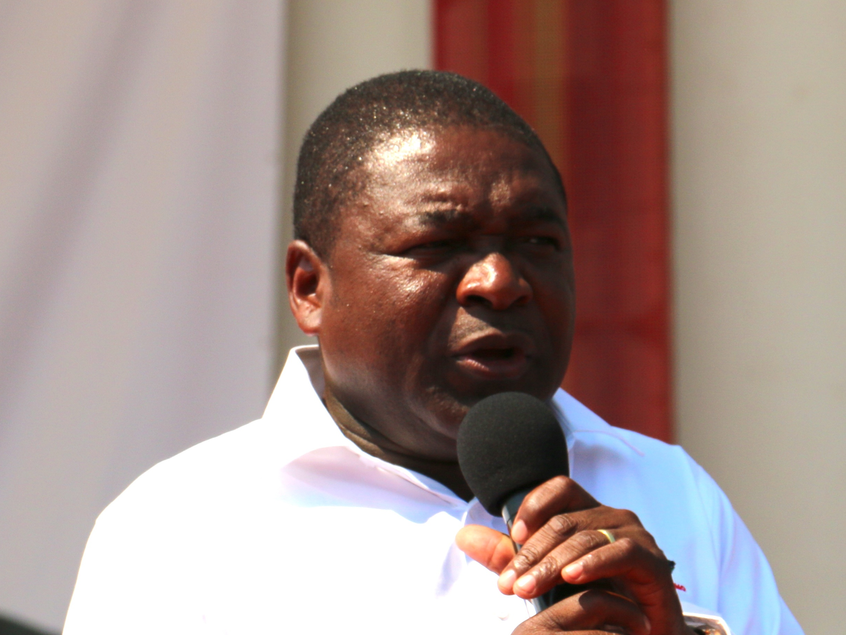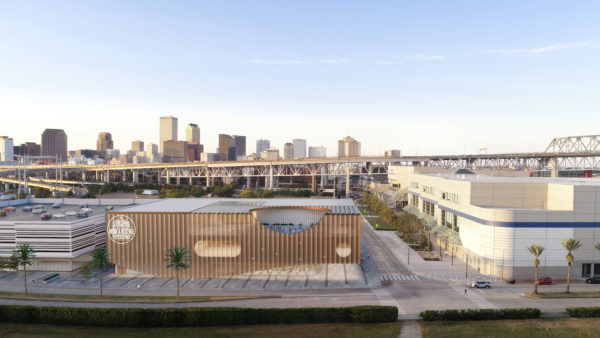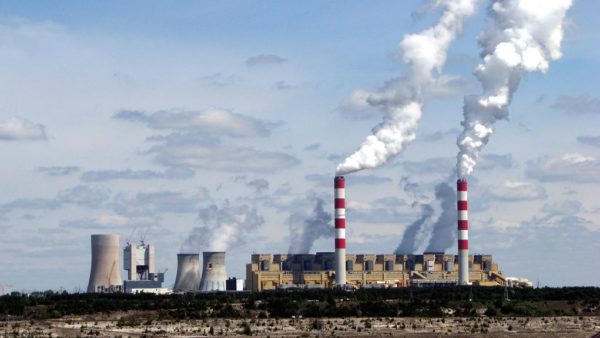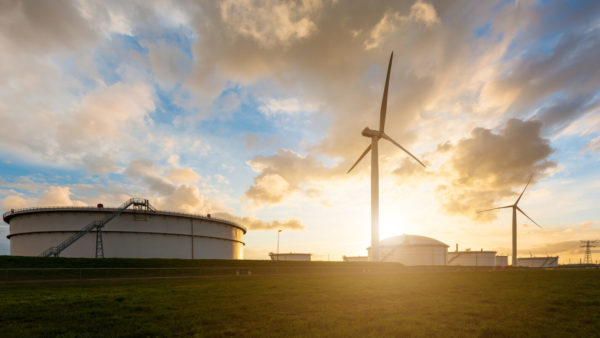The president of Mozambique, Filipe Nyusi, is in China this week seeking financial support as his country stands at a critical juncture.
The southeastern African nation had been anticipating untold riches thanks to trillions of cubic feet of gas discovered offshore, but low commodity prices have delayed commitments from oil companies, and now a sudden debt crisis threatens the country’s ability even to manage day by day.
Last month the International Monetary Fund (IMF) suspended funding to Mozambique following the Nyusi government’s surprise admission that it had debts of more than $1bn, which it had not previously disclosed.
While the IMF praised the government for its honesty, the US government, the World Bank and a group of 14 donor nations to Mozambique all put a stop to ongoing budget contributions, upon which Mozambique relies.
The donor alarm relates to two government-backed loans to state-owned firms arranged to pay for the provision of offshore security and logistics services in anticipation of offshore gas production.
But other previously unacknowledged loans have since been revealed, bringing Mozambique’s surprise debt toll to at least $2.32bn, calculates Chatham House.
In the wake of the revelations, ratings agencies have downgraded Mozambique, and the rising cost of servicing its debt brings the possibility of a sovereign default this year, notes Chatham House’s Alex Vines, who highlights the fragility of the government in the face of a severe drought, conflict with a former rebel group, and fresh memories of riots in 2010.
The path to riches for Mozambique was supposed to have been much smoother. By some estimates approximately 180 trillion cubic feet of gas has been found in its offshore Rovuma Basin. This would be enough to supply Germany, Britain, France and Italy for 18 years, though Asia has been the intended market to date.

Facing a stiff test: Mozambique’s President Filipe Nyusi, in October 2014 (Adrien Barbier/CC BY-SA 2.0)
Texas oil company Anadarko and Italy’s state-owned Eni are lined up to develop the fields, with billions planned to be spent on liquified natural gas (LNG) facilities at Mozambican ports. But those plans were laid before the slump in commodity prices, including gas, and firm deadlines for final investment decisions, expected this year, have been withheld.
The oil companies will also have fresh doubts over how a cash-strapped government can afford the sizeable contributions it had committed to the developments.
Mozambique’s unexpected debt crisis adds stark significance to President Nyusi’s scheduled state visit to China this week. Some observers predict an abrupt rise in China’s influence. With the president are six government ministers responsible for foreign affairs, public works, housing and trade and industry. Ahead of the visit, Nyusi’s party, Frelimo, said that the visit will be of "an essentially economic nature," and that it was expected that China will "strengthen the financial support granted" (reports MacauHub).
As the crisis was unfolding, on 5 May, the Chinese government signed over a grant worth $16m for Mozambique to buy 80 buses for public transport and to dig 200 boreholes for drinking water. It is a modest amount, but it could signal that more is to come. After all, in December last year, China pledged $60bn worth of assistance and loans to African countries to help with development.
On the other hand, since December China has shown signs of reduced appetite for investing in African schemes linked to commodity development, so it could also be a sign that Mozambique should carefully manage its expectations of China, which faces a growing debt burden of its own.
Top Image: Train station at Chimoio, Mozambique, January 2016. Revenues from offshore gas production is expected to bring rapid development to the southeast African nation (Jcornelius/Wikimedia Commons)










